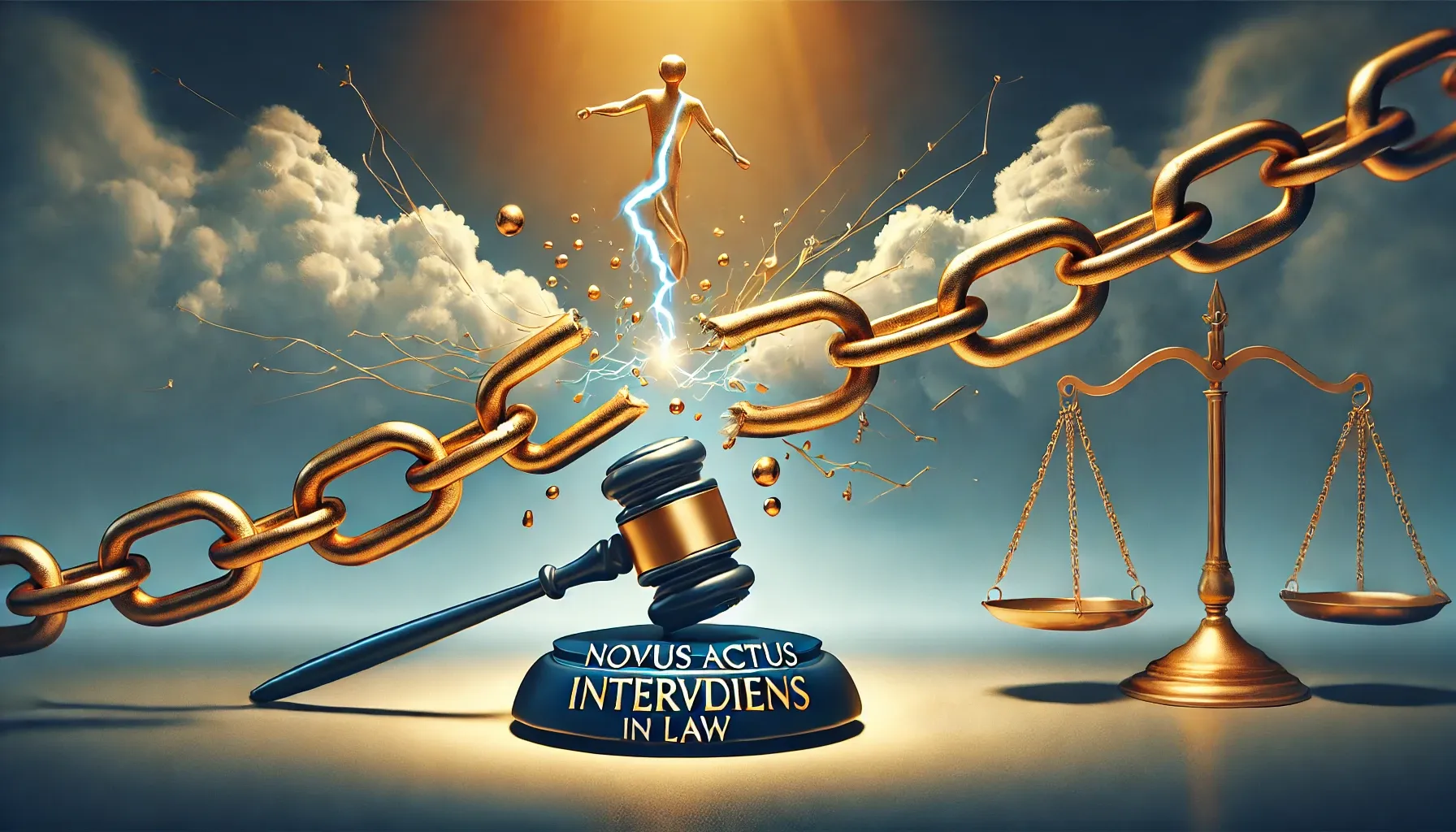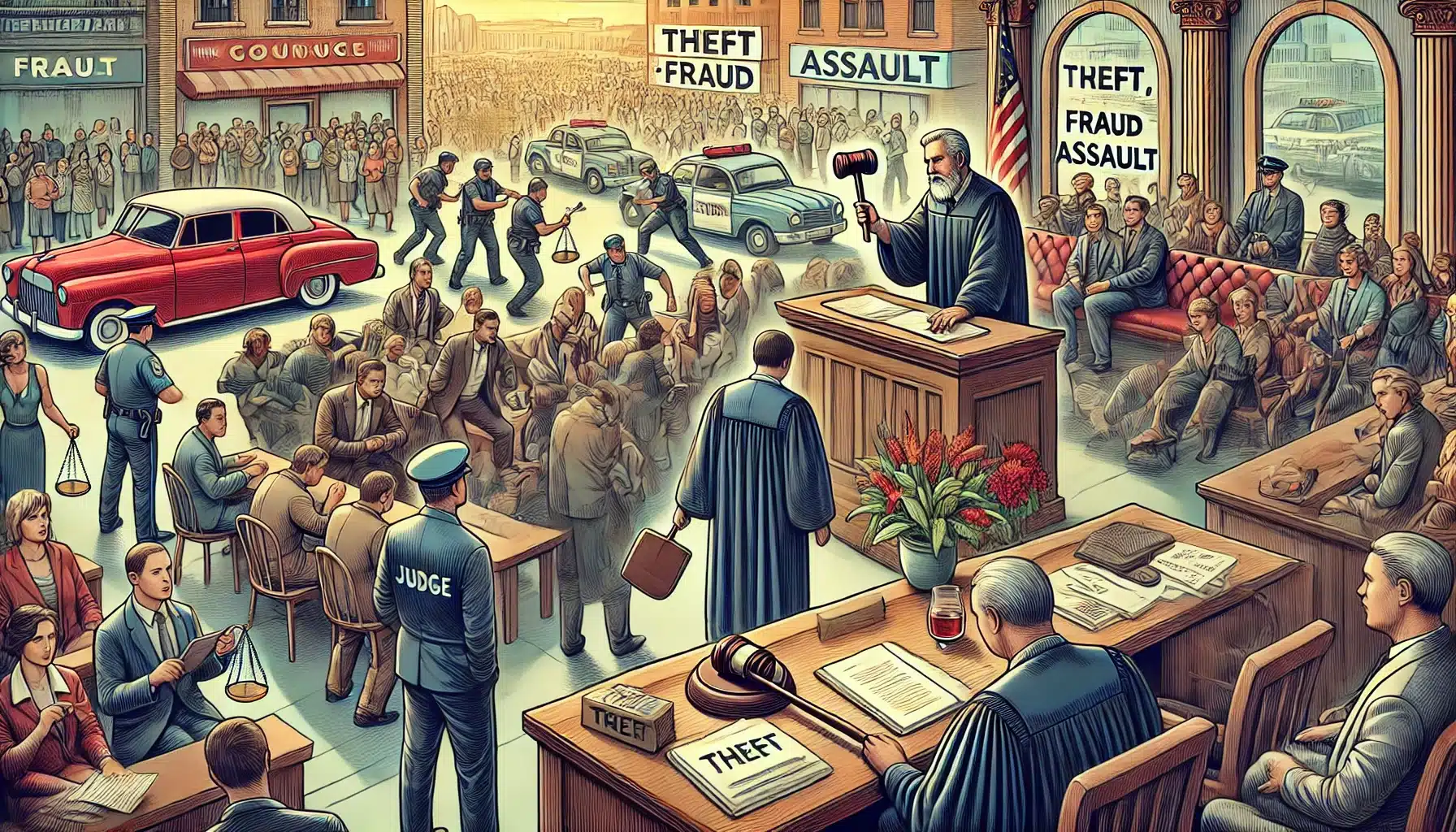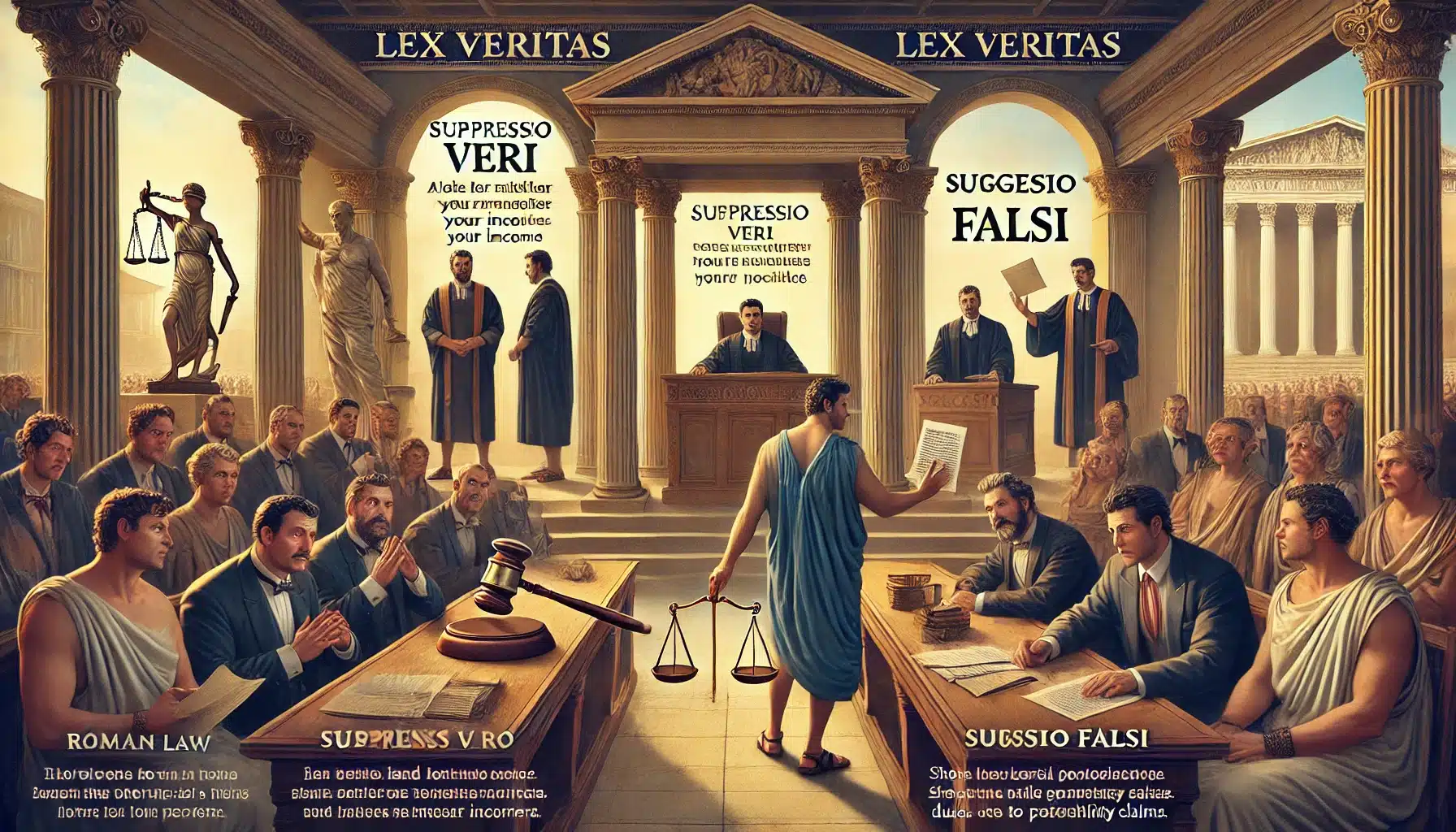“Allegans contraria non est audiendus,” a Latin legal maxim, translates to “a person alleging contradictory facts is not to be heard.” This principle emphasizes consistency in legal arguments, asserting that one cannot present conflicting statements or claims within the same case. It is fundamental

Legal AI associate for drafting & compliance
Definition
The legal maxim “Allegans Contraria Non Est Audiendus” literally means “a person adducing to the contrary is not to be heard1.”
Meaning
- It is a principle of good faith in which a person shall not be allowed to approbate and reprobate at different times about the same event, denying at instances today and affirming tomorrow.
- It is a concept of common sense which is used to bring cross examination to an abrupt end. The legal maxim is based on common sense and common justice.
- It is commonly referred to as ‘estoppel’.
- This maxim means that if a person states something in good faith during one event and then contradicts that statement regarding the same event, such contradictory statements shall not be permitted. This contradiction can lead to the benefit of the doubt given to the opposition in cross-examinations, and resulting in invalidating the statements.
- Thus, the principle can be understood as: a person making contradictory statements shall not be heard in a court of law.
- In the case of Ramesh Kumar v. Furu Ram2 the court held if there are any contradictions in witness statements then such contradictions significantly impact the outcome of a case.
- For example, Abhijeet sues his neighbor, Vinay, for trespassing over his land and constructing a fence. In another instance, Abhijeet claims that the fence is on his property and marks the boundary. In such a case the court will apply the doctrine of estoppel and Abhijeet’s claim will be nullified.
Origin
The maxim’s origins can be traced back to Roman law, originating from the jurist Gaius in the 2nd century CE3. Gaius articulated that “No one can be heard to allege what is contrary to his own previous allegations.” This principle was subsequently embraced by other Roman jurists such as Ulpian and Paulus and became fundamental in Roman civil procedure.
Applicability
- This maxim is applicable in India through Section 115 of the Indian evidence Act, 1872.
- The doctrine of estoppel forms the legal backing of this maxim in the Indian Law system.
- When one person has, by his declaration, act or omission, intentionally caused or permitted another person to believe a thing to be true and to act upon such belief, neither he nor his representative shall be allowed, in any suit or proceeding between himself and such person or his representative, to deny the truth of that thing4.
- The courts in India have applied this maxim in India very often. In the case of Krishan Lal v. State of Haryana5 The Supreme Court of India emphasized the importance of consistency in witness testimony. The Court held that major discrepancies in the statements of prosecution witnesses could result in the accused being given the benefit of the doubt.
- In the case of Mohanlal Shamji Soni v. Union of India6 The Supreme Court discussed the importance of consistent evidence and noted that when a witness contradicts their own statements, the reliability of the evidence becomes questionable.
- In the case of Bindeshwari Prasad Singh v. Kali Singh7 The Court emphasized that when witnesses make statements that are materially contradictory, their testimony should be approached with caution.
- https://www.oxfordreference.com/display/10.1093/acref/9780195369380.001.0001/acref-9780195369380-e-169 ↩︎
- 2011 AIR SCW 5763 ↩︎
- https://www.oxfordreference.com/display/10.1093/acref/9780195369380.001.0001/acref-9780195369380-e-169#:~:text=%E2%80%9CA%20person%20adducing%20to%20the,.%20…%20… ↩︎
- Indian evidence act, 1872, S.115 ↩︎
- 1980 AIR 1252, 1980 SCR (3) 305 ↩︎
- 1991 Supp (1) SCC 271: (AIR 1991 SC 1346) ↩︎
- 1977 AIR 2432 ↩︎




